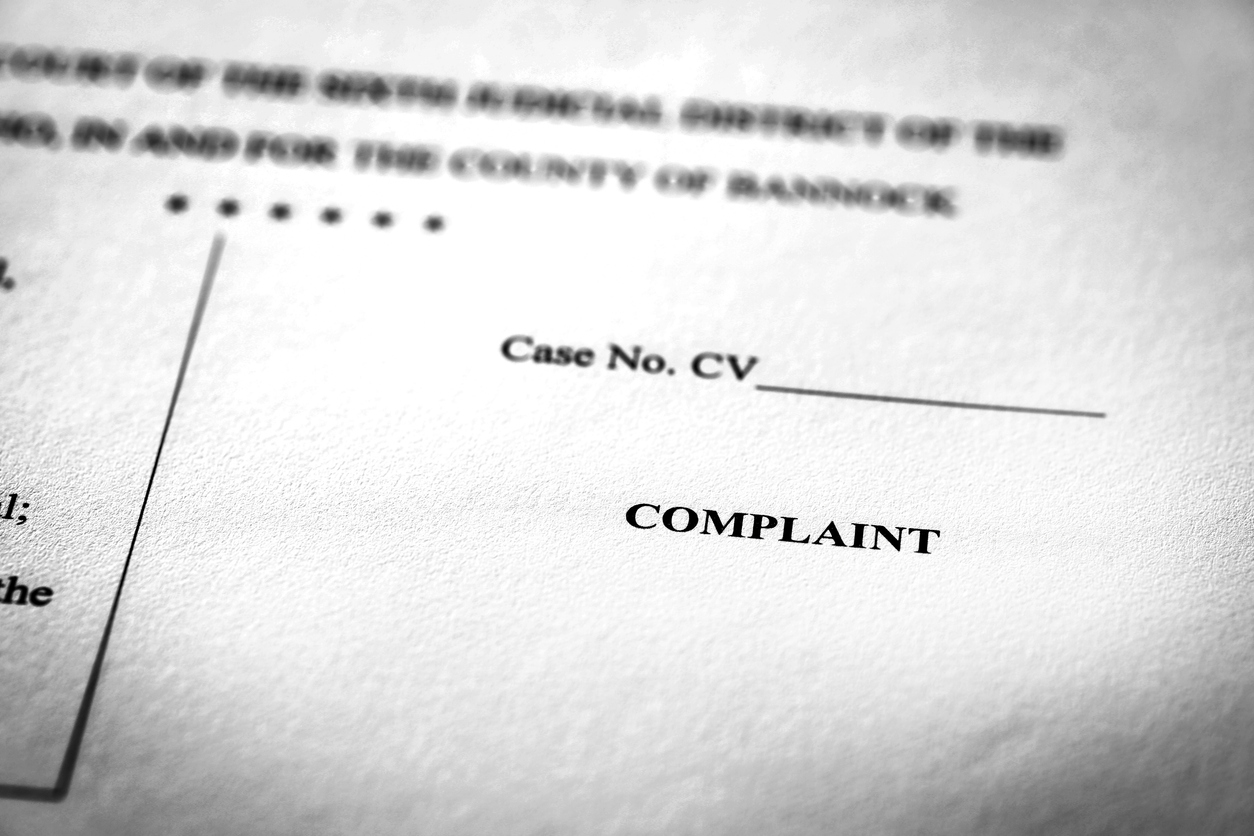Bitter disagreements among counsel inevitably occur regarding the logistics of examinations under oath. The examination under oath procedure is usually not detailed in the insurance policy. The first paragraph of the holding in Zafar Nawaz v. Universal Property & Casualty Insurance Company, No. 4D10-4288 (Fla. 4th DCA, June 13, 2012), clearly impacts situations where public adjusters want to be present for their clients’ examinations under oath and insurance companies refuse to allow them:
The issue presented in this case is whether the insurance policy prevents the insured from having his public adjuster present during the examination under oath. We find, under the plain language of the insurance contract between the parties, that the insured was not prohibited from having his public adjuster present during the insured’s examination under oath. [emphasis added]
The public adjuster appeared at the examination under oath. After the policyholder refused the insurer’s requests to ask the public adjuster leave, the insurer suspended the examination under oath and filed suit, claiming the policyholder breached the policy.
This policy contained the following relevant language:
SECTION I – CONDITIONS
. . . .
2. Your Duties After Loss. In case of a loss to covered property, you must see that the following are done:
. . . .
f. As often as we reasonably require:
. . . .(3) Submit to examination under oath, while not in the presence of any other “insured,” and sign the same . . . .
…
3. “Insured” means you and residents of your household who are:
a. Your relatives; or
b. Other persons under the age of 21 and in the care of any person named above.
Based on this language, the Court reasoned as follows:
We find that the plain language of the contract would allow appellee to exclude only another insured from the examination under oath. The clear language of the insurance policy states that appellant can be required to submit to an “examination under oath, while not in the presence of any other ‘insured.’” The contract defines “insured” as “you and residents of your household who are . . . [y]our relatives; or . . . [o]ther persons under the age of 21 and in the care of any person named above.” Clearly the public adjuster does not fit into the plain language of
the definition of “insured.”…
We find the case of Widener v. Tennessee Farmers Mutual Insurance Co., No. 03A01-9506-CV-00203, 1995 WL 571868 (Tenn. App. Ct. Sept. 29, 1995), to be persuasive. In Widener, the insureds refused to submit to an examination under oath unless accompanied by their independent insurance adjuster. The appellate court reversed the trial court’s granting of a summary judgment in favor of the insurers, and found that “[i]n the policy there is no prohibition against the insured having a witness present during the giving of the statement under oath nor is there any limitation as to whom witnesses, if any, might be."… The appellate court concluded that “[i]t would have been a simple matter for the insurance company to have written such a limitation or limitations into the policy.”…Similarly, in the present case, it would have been a “simple matter” for appellee to have written a restriction into the policy limiting those who could be present for the examination under oath.
On another note, I remind all public adjusters that while these cases indicate you can appear at an examination under oath, you are not allowed to practice law and do not represent the policyholder in a legal capacity. This was a point I have made in many posts including,Public Adjusters Have Many Ethical Obligations, Including Not to Practice Law.
The holding may be form over substance because many insurers, without objection, allow public adjusters to attend and provide relevant information. Still, I predict that as a result of this case, some insurers will place new language into policies restricting public adjuster attendance at examinations under oath.



